Extrajudicial executions in El Salvador: No more
Cristosal, together with the Institute for Human Rights at the University of Central America, José Simeón Cañas (IDHUCA), the Passionist Social Service (SSPAS), the Study on the Application of Law Foundation (FESPAD), and the Forum of Organizations for Cooperative International Development (FOCIS), in response to the final report issued by United Nations Special Rapporteur on extrajudicial, summary, or arbitrary executions, Agnes Callamard, after her visit to El Salvador, declares:
The Special Rapporteur visited El Salvador to examine violations of the right to life committed by state and non-state actors, the state’s security strategy, and the various programs to address and prevent homicides committed against vulnerable groups in the country, as part of her specific mandate established by the United Nations Human Rights Council. Her conclusions reinforce United Nations High Commissioner Zeid Ra’ad Al Hussein’s conclusions upon his 2017 visit to the country. The recommendations from both of them, despite not being binding, cannot be considered simple opinions, but rather as wakeup calls about the failure of state authorities to uphold their constitutional and international obligations.
We celebrate the Salvadoran’s state’s willingness to receive official visits and share the reality of the country with rapporteurs, and we urge all state and government actors to maintain this attitude of openness toward representatives of human rights protection systems; but we also urge state actors to pay attention to the critical conclusions UN experts have drawn about the Salvadoran reality, and to adopt concrete, serious, and lasting measures to improve the country’s situation. Similarly, we express our concern about public dismissals of the final reports about these visits from some government officials, which ignore human rights commitments the country has signed.
During her visit, the rapporteur was informed about many allegations of extrajudicial executions or excessive force by state security agents. The majority of witnesses and relatives identified extrajudicial executions (deliberate and intentional homicides), rather than excessive force, as violations of the principles of necessity, proportionality, and precaution. In her report, the rapporteur also strongly condemned the widespread violence caused by gangs, whom she blamed for massive violations of human rights, especially the right to life, mostly carried out as part of deliberate “strategies.” Her findings suggest a pattern of behavior in security personnel, fueled by institutional weaknesses in research and accountability. This situation has unfortunately been strengthened by the 2006 law against terrorism and some elements of the 2013 reform to the Criminal Code.
Therefore, the aforementioned civil society organizations, as a reinforcement of the rapporteur’s recommendations, recommend the following:
1. Substantially increase investment in violence and crime prevention, care and protection of victims, and rehabilitation and reintegration of people who have committed crimes.
2. Restrict populist, repressive actions that do not contribute to the reduction of crime and violence.
3. Eradicate corruption from public security and justice institutions, especially among the National Civil Police and prison guards, in order to progressively develop a process of strengthening institutional capacities.
4. Conduct an in-depth review of current regulations, based on the national and international human rights frameworks of which the Salvadoran state is a part.
5. Guarantee the prevention, investigation, and punishment of abuses of authority and crimes by members of public security bodies, especially regarding the deprivation of life; apply measures for comprehensive reparation to victims and ensure that these events do not reoccur.
6. Comply with the Special Rapporteur’s recommendations regarding the end of extraordinary measures.
7. Dedicate national attention to the issue of public security. Political institutions and other social actors should have an objective and proactive attitude toward comprehensively addressing the problem, based on a full respect for human rights; there should be no regard for the utilitarian attitudes that frame the public security crisis in political elections but do not contribute to the state’s purpose: human dignity.
The signatory organizations will monitor compliance with the recommendations from each of the rapporteurs that have visited the country, as well as those from the High Commissioner, and we will work to support the joint creation of comprehensive responses to violence and crime in the country, based on the Working Group on Public Safety and State Violence, which the signatory organizations created and which is intended to monitor and generate proposals to address violence, crime, and strengthening of the democratic state with full respect for the human rights of all inhabitants of the country.
San Salvador, February 13, 2017.

Monitoring Portal for Human Rights
The Observatory provides constant monitoring of human rights violations in order to provide timely and accurate information on the causes and effects that these violations have on vulnerable populations. Fed by data from state institutions, civil society, and international cooperation, the publications strengthen the efforts being done to protect and promote human rights in the Northern Triangle of Central America.
Contact us:
Info@enfoca.org